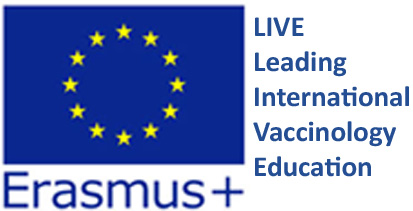- Introduction
- News
- Objectives and competences
- Admission and pre-enrolment
- Pre-enrolment & Enrolment 2024-2025
- Course curriculum, Language and Seminars (2024-25; 2023-24)
- Practices and Master's Thesis (TFM)
- Course plans, Teaching Staff and Handbook
- Calendar, timetables, classrooms and assessment
- Teaching methodology and assessment system
- Career opportunities
- Job offers 2023-2024
- Support for studying
- Course details
- Information for prospective students
RUCT
Advanced Immunology



